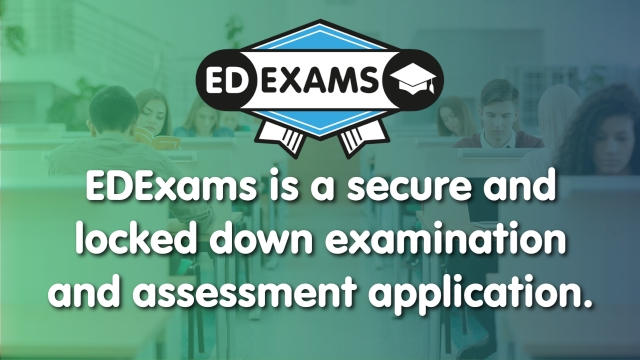Once exams are over, the time until results day can seem interminable for both students and their parents. Teachers often find themselves as the first port of call for those concerned about impending results.
These requests for advice and support are a natural follow-on from the support offered prior to exams and can be vital to ensure pupils and parents aren’t blindsided by a potentially poor set of results.
So, how can you go about preparing students and parents for exam results?
Preparing your students
Throughout the year, teachers and school leaders should have been engaging with the prospect of exam results. However, this is sometimes lost behind the process of learning and revising, not to mention sitting the actual exams.
Consequently, it might only be after the exams that students begin to really engage with the idea that their results will impact what they do next. For some, this can be an extremely difficult time and they may turn to teachers for support, alongside any official support systems within the school such as counsellors or pastoral services.
Ensuring that pupils are encouraged to have a Plan B is vital for every level of study. Teachers can facilitate this by signposting pupils towards career services and encouraging them to think beyond their ideal scenario.
In a comment to a Telegraph article in 2015, a headteacher offered this advice:
Students who haven’t prepared for Plan B are more likely to be more emotional and are often unable to ‘think straight’.
Encouraging a Plan B for all students, and especially those who seek out support prior to results day, can help them adapt if things go wrong.
Preparing parents
Teachers also find themselves in contact with parents at various points of the year regarding results and what the options are if things don’t go as planned. Again, this can intensify after exams are over and there’s nothing else to do but wait.
Ideally, parents will be included in information sessions about the exams and so will have been offered tangible advice on how to handle the waiting period. However, if a pupil is convinced they haven’t reached their goals, parents can often turn to teachers to deal with specific concerns.
As a teacher, this normally entails highlighting options for re-sits, alternative career paths, and how the skills their children have obtained are transferrable.
Teachers have already experienced the good and the bad of results day, so draw on your own experience and relate how other families have coped with bad news.
Also encourage them to discuss their own failures with their children, as a BBC article aimed at parents from 2010 suggests:
Your child has far less experience of life than you – he or she may not have experienced a sense of failure before. You might want to talk to them, at some stage, about the failures you’ve suffered in your own life, and about how you turned them round and made things work out.
Ultimately, waiting for exam results is a stressful period for pupils and their parents. It’s probable that some of this stress will deflect on to you as a teacher, so having facts, figures and options to hand will allow you to answer questions calmly and allay their fears as best you can.
Anticipating good grades
It’s not all about potentially poor results though – success can also generate its own set of questions.
If students are planning to go on to further studies or enter the jobs market after achieving good, or better than expected, grades in their exams, they will have a wider range of options available to them.
As a teacher, it’s important that you understand the implications of every level of exam results and offer suitable advice. Keep expectations firmly embedded in reality based on each student’s assessment over the preceding years.
Try to offer a range of post-exam opportunities that cover as many potential scenarios as possible but always ensure that the student is the focus of all the discussions and that they make the final decision about their own future.
If you are interested in finding out more about various career paths available to students taking a variety of subjects, take a look at our sister blog’s series on employment opportunities: 5 Potential Career Paths.











